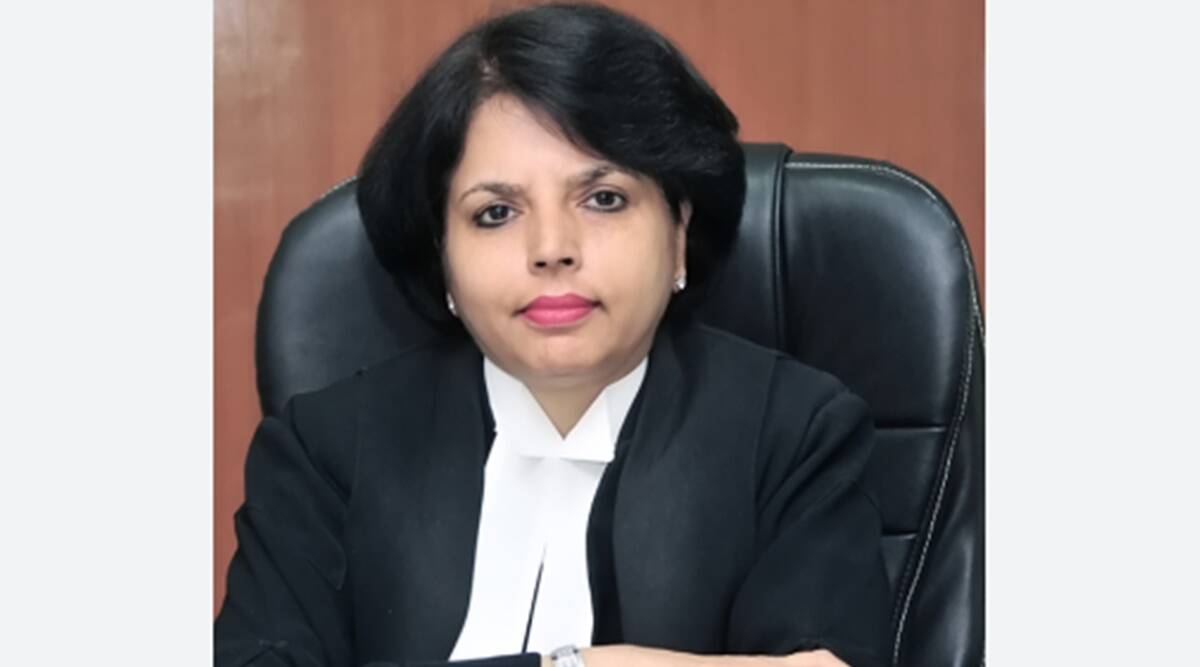AI should not be seen as a danger, but as a chance to improve the quality of legal practise, says Supreme Court Justice Hima Kohli.

Artificial intelligence (AI) should not be considered as a danger, but rather as a chance to improve the quality of legal practise, according to Supreme Court judge Hima Kohli, who referred to AI as a “game-changer” in the legal sector with the potential to revolutionise the way lawyers work.
However, Justice Kohli raised ethical issues over the “accountability, transparency, and protection of parties’ rights” that may arise with the employment of AI in the legal profession.
She stated that it is evident that technology played a vital part in keeping the wheels of justice turning during the COVID-19 pandemic’s peak and beyond.
“As we embrace technology, we must be cognizant of the ethical considerations associated with the employment of artificial intelligence in courtrooms. The use of AI poses questions around accountability, transparency, and the protection of parties’ rights. “It will be crucial to set clear norms and protocols to guarantee that justice is administered fairly to all parties,” the supreme court judge said on Saturday at a function hosted by ICICI bank.
Justice Kohli, speaking on the topic of “Artificial Intelligence and the Legal Sector,” stated that the introduction of artificial intelligence has raised certain concerns among legal professionals.
“Lawyers may fear that technology may render their expertise and skills obsolete. “AI should not be considered as a threat, but rather as an opportunity to improve the quality of legal practise,” she stated.
The judge noted that artificial intelligence has the potential to significantly enhance the efficiency of legal practise by automating mundane operations, lowering the time required for legal research, and enabling real-time access to information.
Justice Kohli stated that this might free up more time and space for attorneys to focus on sophisticated and value-adding duties, ultimately leading to improved client results.
“Secondly, AI systems are capable of analysing enormous quantities of data and identifying patterns and linkages that may not be immediately apparent to humans.” It increases the precision of decision-making and improves customer results, as she stated.
She added that AI may also be utilised to provide clients with instant access to information, personalised recommendations, and virtual legal support, thereby enhancing the entire client experience and fostering the development of long-term connections.
Justice Kohli stated that the integration of AI into the legal profession has the potential to generate new business opportunities, such as the creation of new legal technology goods and services.
“Lawyers who embrace AI will be better positioned to keep ahead of the competition and remain relevant in a legal field increasingly dominated by technology,” she said.
Justice Kohli stated that AI will play a larger role in changing the legal environment and bringing about constructive developments in the future years.
The judge stated, “In conclusion, AI is a game-changer in the legal area and has the potential to revolutionise the way lawyers work.” Justice Kohli, although emphasising the necessity for AI in the legal area, stated that the technology would lack human empathy, compassion, and logic, which are vital for the administration of justice; hence, judges would be required.
“A judge comes to the bench with a wealth of legal and personal knowledge, and his or her function extends well beyond the rote application of the law. She is able to weigh the facts of a case, comprehend human behaviour, and apply the law to the circumstances in order to reach a fair and just conclusion. “However advanced AI may be, it lacks the humanity, compassion, and logic that are required to administering justice,” she explained.
In an Indian judiciary powered by artificial intelligence, the function of judges is expected to change and adapt, Justice Kohli said, adding that their core responsibility in guaranteeing fairness, impartiality, and the protection of civil liberties will remain consistent and unaltered.
“While AI has the potential to significantly improve the effectiveness of the legal system, it will never be able to replace human judgement.” She stated that judges will continue to play a crucial role in upholding the values of justice and protecting the rights of litigants.
The supreme court justice stated, “There are no boundaries to growth because there are no limitations to human intelligence and imagination,” and AI is, after all, a human invention.
“The bottom line is that AI will never be able to replace human values that are profoundly ingrained in national constitutions, institutions of excellence in academia and government, and the civil society. Therefore, let us embrace technology and AI with prudence and a firm commitment to the rule of law,” she urged.
Justice Kohli stated that the role played by technology in keeping the wheels of justice turning during the epidemic and beyond has revealed the enormous potential of technology in the field of law and justice.
“During those difficult times, it was essential for courts and all parties involved to become tech literate, and it’s astonishing how many of us, including myself, were able to make the transition to PDF files and a virtual court system,” she added.



